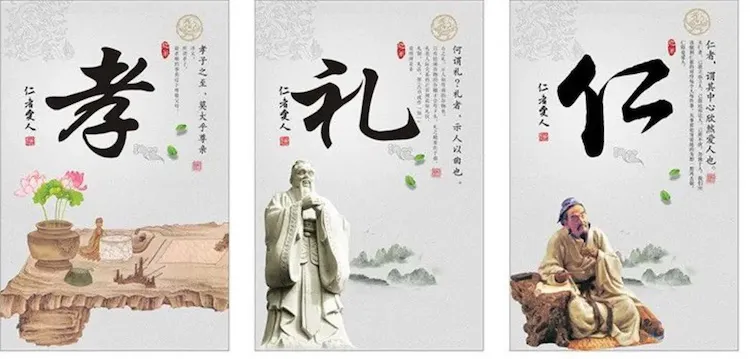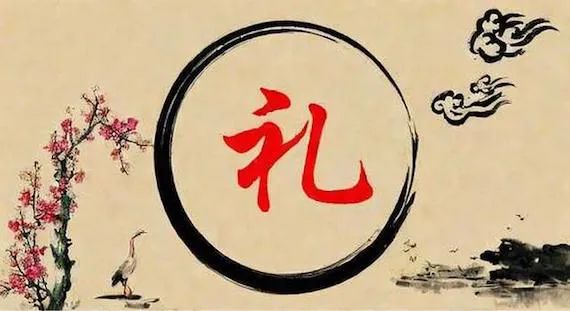Question:
Principles are fundamental rules that guide thoughts and behaviors, guiding people’s actions and decisions. In China, Confucianism has influenced almost every aspect of life, whether family, work, or other societal interactions. So, what are the core principles of Confucian thought?
——- Asked by Liu Xin
Answer:
This is indeed a profoundly insightful question.
Confucianism has profoundly influenced social structures and human relationships in China for thousands of years with its profound moral concepts and ethical codes. Since Confucius established the Confucian school, its core concern has been the unity of an individual’s internal cultivation and external behavior. At the same time, Confucianism also emphasizes promoting social harmony and political stability through realizing such unity.

The following are the main principles of Confucianism:
The core of Confucian thought is ren, which means compassion and care for others. Confucius considered ren the highest moral principle, encompassing virtues such as filial piety, loyalty, and honesty.


Confucianism attaches great importance to institutions and etiquette, viewing them as crucial manifestations of social order and personal morality. Li is not only a norm for external behavior but also a reflection of internal cultivation.
(3) Loyalty, forgiveness, and tolerance
Confucianism advocates loyalty and tolerance, emphasizing faithfulness to others and tolerance toward oneself. Practicing this principle requires following the rule of “Do not do unto others what you would not want done to yourself.”
(4) People-oriented
Confucianism stresses that people are at the center of management, advocates respect for their value and dignity, and promotes the idea that the people are more valuable than the ruler.
(5) Self-improvement
Confucianism values the inner cultivation and self-improvement of individuals, especially self-observation and introspection in solitude.
(6) Honesty and Trustworthiness
Integrity, a core element of Confucian ethics, emphasizes truthfulness and reliability in one’s words and actions, eliminating deception and hypocrisy.
(7) The Golden Mean
The Golden Mean, another key concept of Confucianism, is characterized by balance and moderation. It advocates avoiding excess and deficiency to maintain stability and harmony between emotions and behaviors.
These principles collectively form the core of Confucianism to guide individuals and society toward higher states of morality and harmony.

Leave a Reply